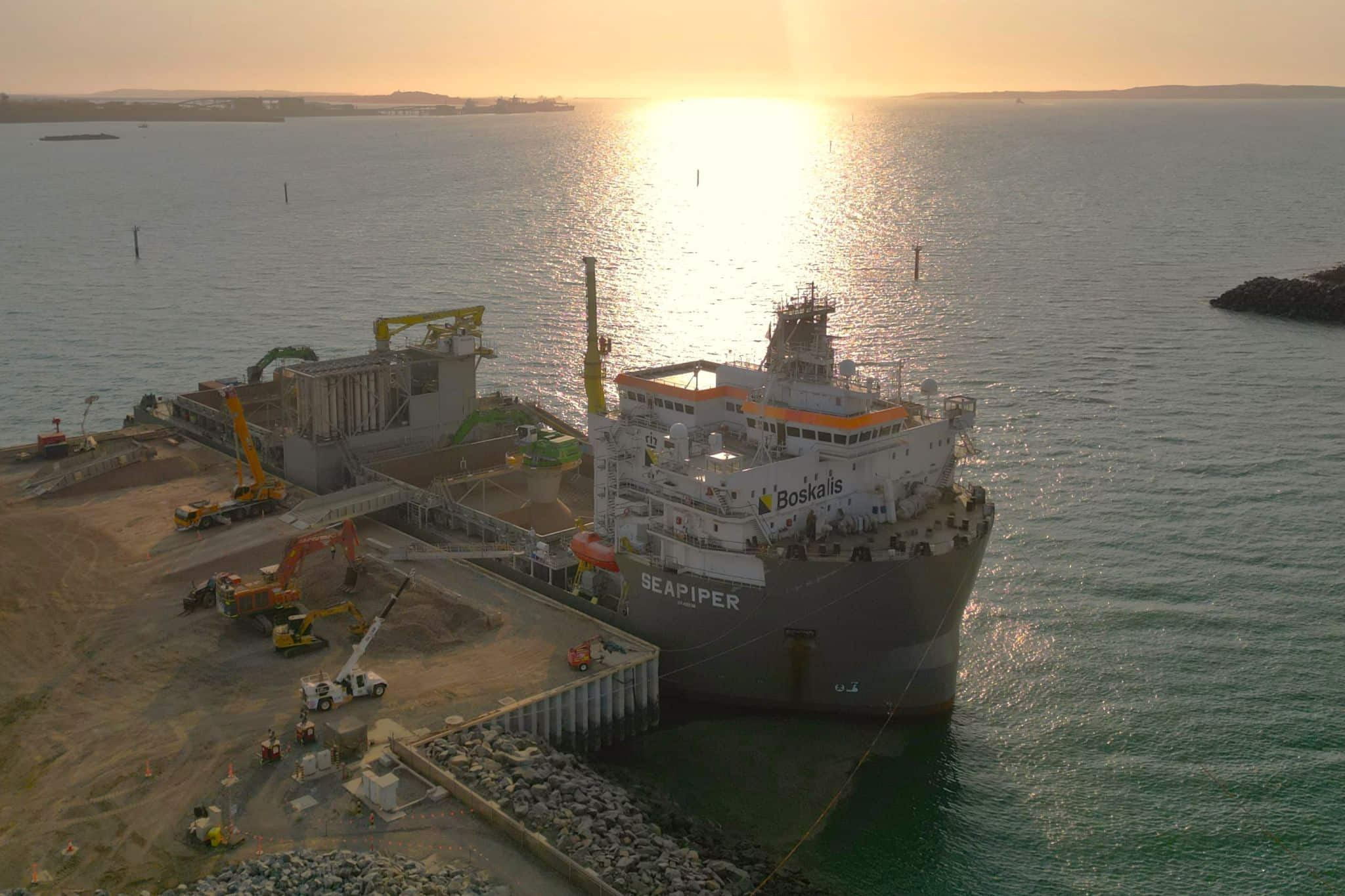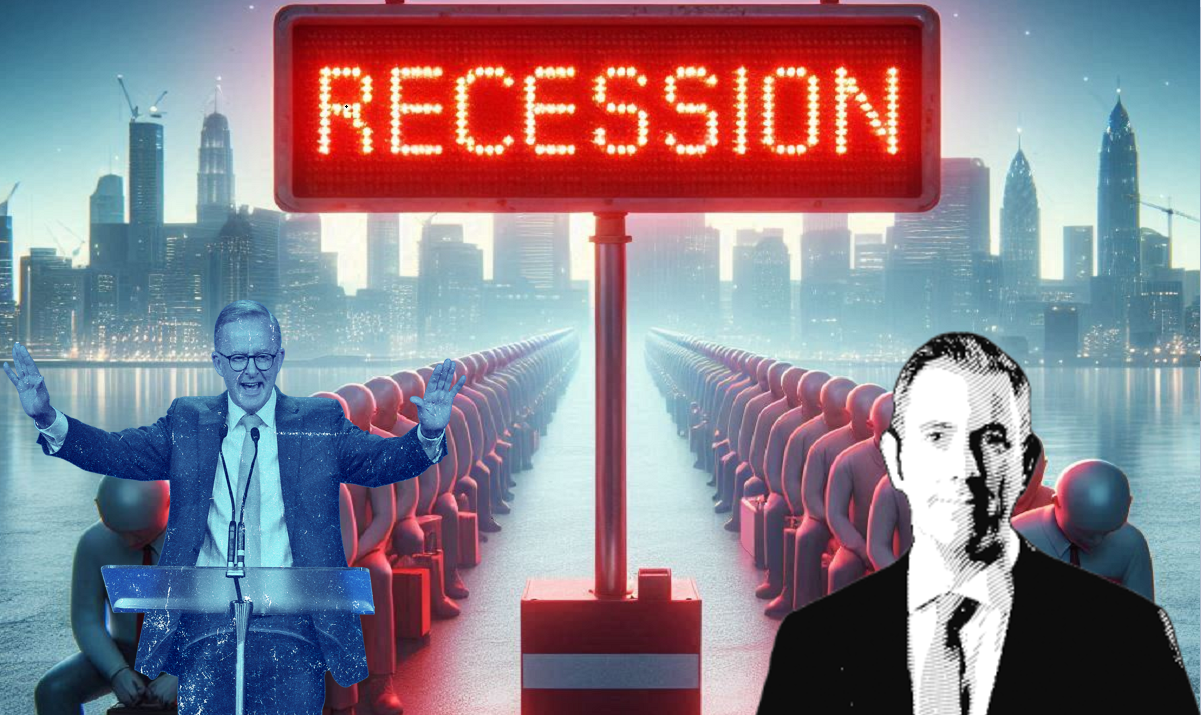Jettisoned Transport for NSW boss flies into million-dollar Airservices top job

- by Admin
- July 18, 2024

Airservices Australia’s enduring hunt for a permanent chief executive following the prompt departure of Jason Harfield at the end of his contract in June has taken another sharp turn.
Former Transport for NSW secretary Rob Sharp will touch down at the government-owned airport operator as interim CEO, taking over the paddles for the role that at last count paid his departed $1.03 million a year in total remuneration.
“Mr Sharp has been newly appointed as the Interim Chief Executive Officer of Airservices Australia for a period of up to 12 months by the Board, while a global search is undertaken to fill the role on a substantive basis,” said Infrastructure, Transport, Regional Development and Local Government Minister Catherine King.
A veteran aviation leader for two decades before taking on one of the most challenging state government jobs in Australia, Sharp previously captained both Virgin and Tiger Airways and spent 16 years at Qantas running its airport retail and infrastructure arm.
Sharp steps into the role following Pete Curran, who has filled the role of acting CEO since Harfield’s exit and “will take up the role of Deputy CEO from 29 July”, a statement from Airservices said.
Also getting their contract renewed, though only for another year, is Airservices Australia Board chair John Weber, whose role was last listed as paying $192,884 a year in board remuneration.
It’s been a turbulent past year for Australia’s aviation sector, with both Qantas and Virgin chief executives either rotating or soon to depart their positions, and Qantas losing a pivotal industrial case that found it illegally sacked 1,700 ground workers through outsourcing in the midst of COVID. At least they didn’t go broke, unlike budget carrier Bonza, which lasted just over a year before going into liquidation earlier this month.
Airservices has also been hit with industrial action, with the United Firefighters Union of Australia Aviation Branch playing hardball on wages and staffing numbers and the Australian Federal Police also previously prepared to take industrial action at airports.
Air traffic controllers have also been pushing hard for pay rises. A key integration between civilian and military air traffic control platforms, known as OneSKY, remains of the Department of Defence’s Projects of Concern list having doubled in price to $4.1 billion and running 10 years late.
Also coming online soon is the new Western Sydney airport, the creation of which has been somewhat of a personal crusade for Prime Minister Anthony Albanese, whose electorate of Grayndler had its aircraft noise doubled when Kingsford Smith airport opened its third runway in 1994 and was dubbed “the runway we had to have”.
And while Tiger Airways may have permanently departed Australia’s airports after ceasing operations in 2020, its legendary customer service challenges were immortalised by Texan alt country legend Dale Watson in 2011 after he penned and recorded a ballad of woe as one of their passengers.
For clarity, this was before Sharp was recruited to Tiger as CEO to improve its performance in 2013.
The Latest News
-
December 23, 2024TaylorMade drops Hall-of-Fame Christmas posters starring Tiger Woods, Rory McIlroy and Nelly Korda – Australian Golf Digest
-
December 23, 2024Here’s why Golf Twitter lost its damn mind over Team Langer’s PNC victory – Australian Golf Digest
-
December 23, 2024Social Media Ban in Australia: What Online Casinos Can Learn on Responsible Gambling Practices? – Insights from CasinoAus
-
December 23, 2024From smaller homes to screen time, backyard cricket is facing challenges in modern Australia
-
December 23, 2024This quiet Canadian will make you love YouTube golf again – Australian Golf Digest





